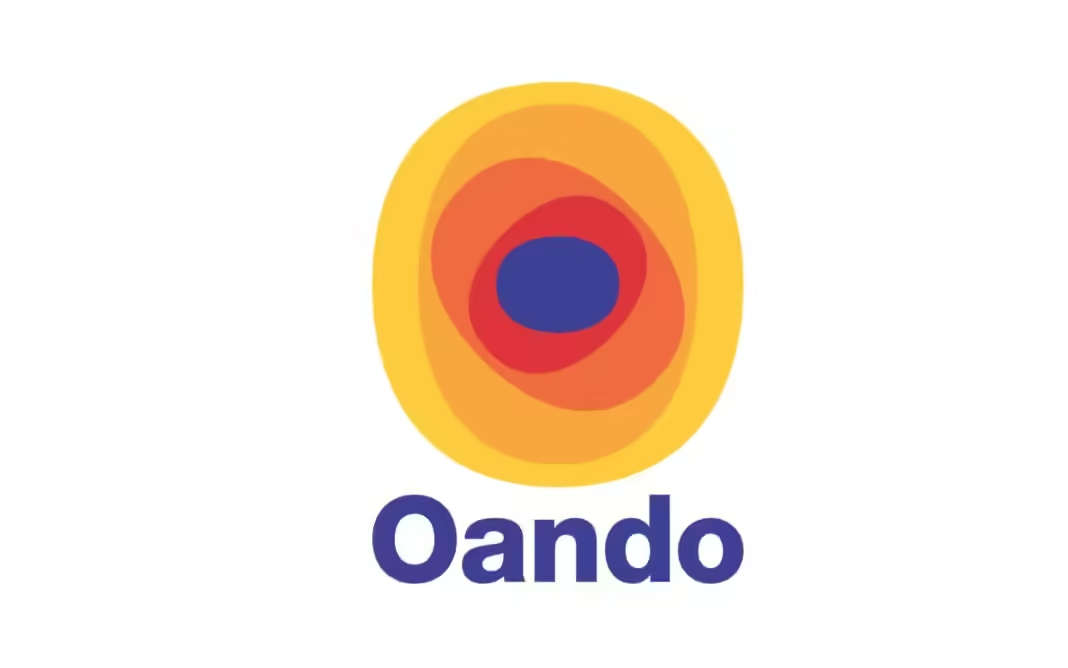Brussels, Belgium – In response to the escalating humanitarian crisis in the Greater Horn of Africa, the European Union (EU) has announced an additional €122 million in humanitarian assistance, bringing the total EU aid to the region to over €421 million for 2024. This new funding aims to address the critical needs of vulnerable populations severely affected by conflicts, droughts, floods, and other climate-related disasters.
“With the region facing one of the most complex and devastating humanitarian crises in recent history, this funding is crucial in helping those most in need,” said Janez Lenarčič, EU Commissioner for Crisis Management. “Our focus is on providing life-saving assistance, including food and nutrition, as well as essential services like water and sanitation to prevent disease outbreaks.”
The newly allocated funds will be distributed to three of the most severely impacted countries in the region:
Ethiopia (€42 million): With over 10 million people currently facing critical food insecurity and more than 4.5 million internally displaced, the situation in Ethiopia remains dire. The country also grapples with outbreaks of malaria, cholera, and measles, often in areas already burdened by other crises.
As humanitarian needs continue to grow in the Horn of Africa, so are we increasing our humanitarian aid to this region, one of the most vulnerable in the world. This additional funding of €122 million will support the scale-up of life-saving assistance to people in Ethiopia, Somalia and South Sudan. The EU’s aid will help address the worrying levels of food insecurity, contribute towards meeting the different multi-sectoral needs of the affected communities, contain the spread of infectious diseases and support displaced people, newly-arrived refugees and their host communities, including those fleeing the ongoing conflict in Sudan
Janez Lenarčič, Commissioner for Crisis Management
Somalia (€40 million): Somalia continues to endure one of the world’s most severe humanitarian crises, with nearly 7 million people in urgent need of aid. The country, already recovering from historic droughts, has been hit by severe floods, leading to widespread displacement and a surge in cholera cases. The coming dry spells, exacerbated by the La Niña effect, are expected to worsen the food insecurity situation.
South Sudan (€40 million): South Sudan is battling a deepening economic crisis, compounded by the conflict in neighboring Sudan, which has increased displacement and vulnerability. With at least 80,000 people expected to face famine-like conditions, and the looming threat of another flood season, the situation is increasingly precarious.
The Greater Horn of Africa is currently home to over 70 million people in need of humanitarian assistance, driven by a combination of conflict and climate change-induced natural disasters. The additional funding follows a previous reinforcement of over €56 million earlier this year, specifically aimed at addressing the fallout from the crisis in Sudan.
“The scale of the needs in the Greater Horn of Africa is unprecedented,” said Lenarčič. “The EU is committed to standing by the people of this region, ensuring that they receive the support they desperately need to survive these challenging times.”




